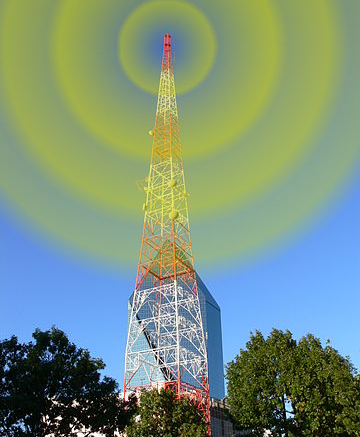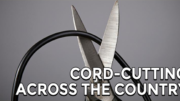Here’s an interesting factoid: after about half an hour of research I can’t tell you if radio listenership is going up or down. The best I could find was this article from Radio World. They say quite a few people stopped listening to plain old radio in 2020. They also admit that their findings are the exact opposite of what Nielsen and other companies are saying.
Let’s start with common sense.
Common sense will tell you that in 2019, the two places you were likely to listen to the radio were in the car and in your workplace. I’ve pointed out that although listening to the radio at work might be illegal, it’s not likely to get you in trouble. Fast forward to today. Do you do as much driving as you used to? Do you go to work in an office as much as you used to?
It makes sense to believe that radio listenership among white collar workers has probably dropped off a cliff. This group was already inclined to go to Spotify or some other streaming service. We can imagine that group hardly ever listening to the radio.
We can also suppose that among young people, radio is hardly ever a consideration. Again, this is a group that has been tied to streaming for years. They just may not have ever given radio a chance.
However, it’s also fair to imagine that among blue-collar workers, who haven’t had the privilege of working from home, radio is as strong as it’s ever been. Given the demographics of that group, it’s also fair to imagine that some kinds of radio stations are holding strong while others aren’t.
What does it mean that the data is so misleading?
For close to a decade, I’ve been chiding Nielsen and other rating agencies for misleading their customers. Among all the articles I’ve written, this one is probably my favorite. In it, I point out that ratings companies have a vested interest in keeping their customers. The only way to do that is to delude them into thinking they’re still relevant.
While I’ve generally told this tale about broadcast television, it’s true about radio as well. Why would a ratings agency focus on the fact that radio audiences are slipping away quickly? It’s more likely that they’re focusing on the good stuff and hiding the bad stuff. Country music, R&B, and Spanish-language are still fairly strong. Talk radio hasn’t faded as much as some people expected. They seem to want to talk about those things.
I say…
I don’t think we should be afraid to talk about the shrinking audience for broadcast. It shouldn’t be something that scares us. Broadcast is only part of a much larger world that includes streaming, paid options, and pre-recorded material. Why shouldn’t we say so?
If we are really honest about it all, we can talk about the real problems with radio and how to address them. A lot of people are turned off by the oppressive number of commercials on the radio, even compared to advertiser-supported options like Spotify Free. Yes, those commercials are needed in order to keep the lights on, but they’re killing viewership.
We can also talk about the decades-long problems with labor relations in locally-owned radio stations. I can’t tell you how many popular DJs I’ve known who had hundreds of thousands of fans yet had to work fast food just to keep the bills paid. We should be talking about all of this, and radio’s role in providing essential information in emergencies.
Radio is essential
In many other countries, there are numerous publicly-operated radio and television stations. We have PBS and NPR in this country, but we also have a very robust private broadcast infrastructure. Perhaps some of those private broadcasters should take on a greater burden to serve the public, in exchange for some financial support. Or perhaps not. Perhaps radio stations should bring their plight straight to the people. Let them say, we only want to have 5 minutes of commercials an hour but we can’t do that unless you support us directly.
Chances are radio is in a perilous spot
As I said, the best way to interpret the real lack of data is to presume that the news is bad. Let’s figure that it’s not only bad, it’s really bad. Embarrassingly bad. Let’s not hide that fact. I know our Solid Signal fans are big radio listeners, but we alone can’t support an entire industry. Let’s stand up and start talking about big changes to broadcast radio. That way we can save it before we all lose it.





